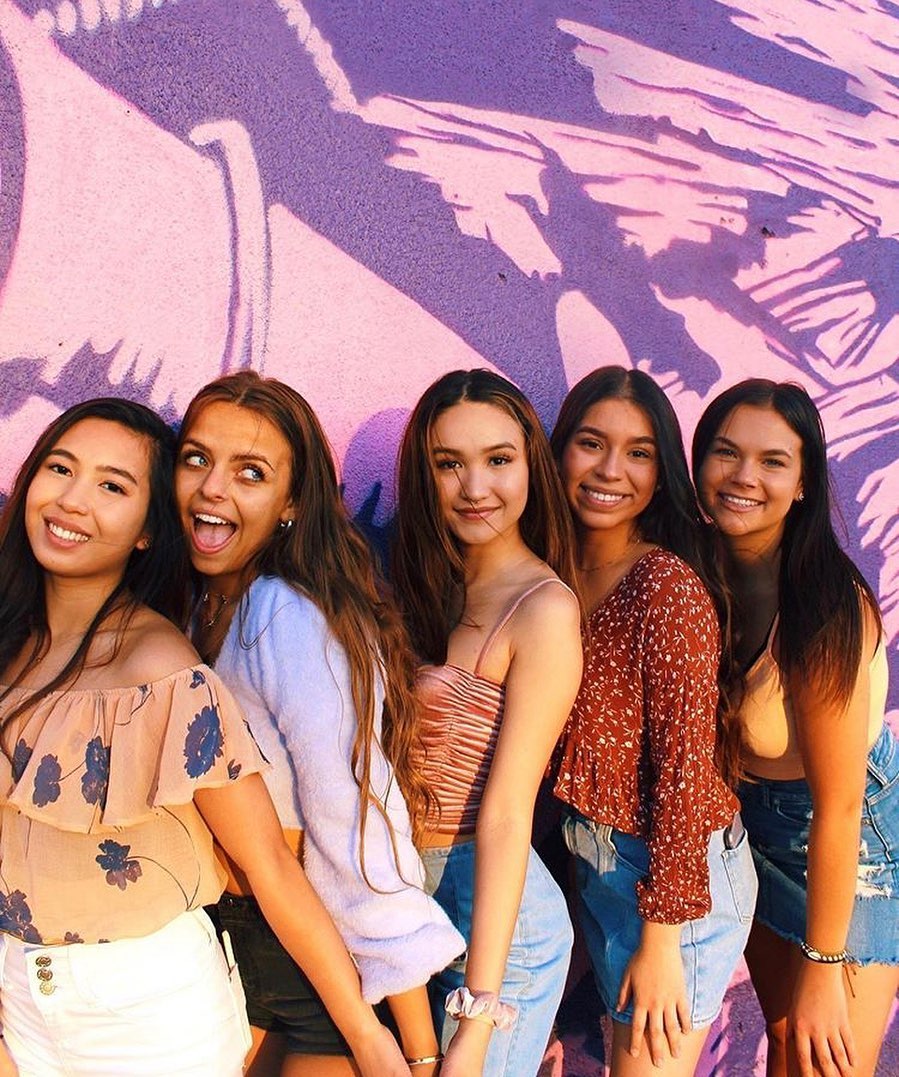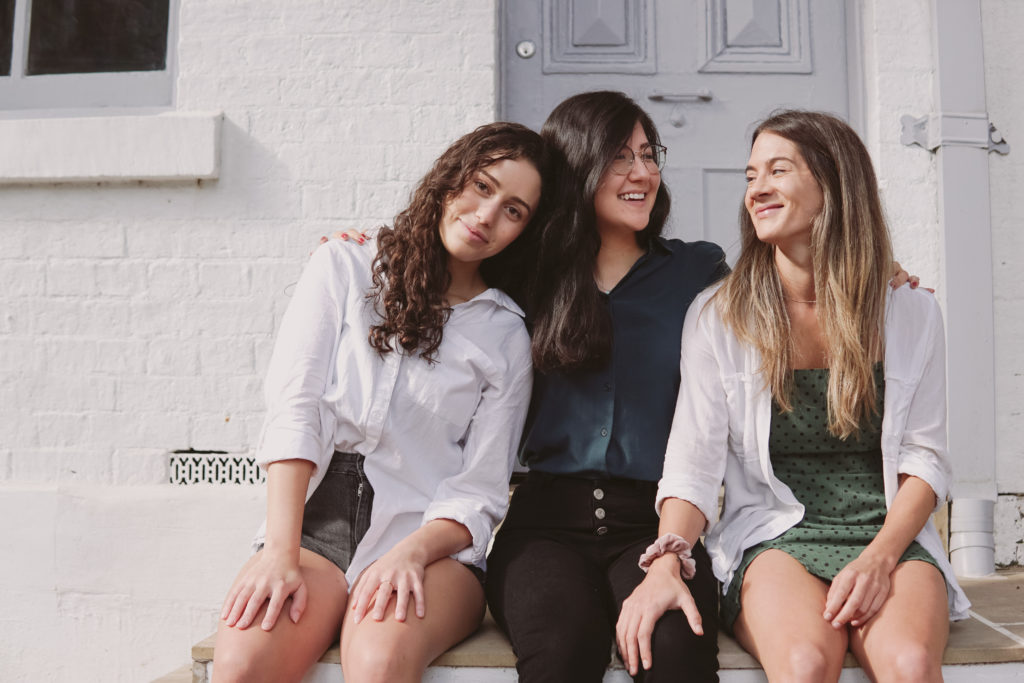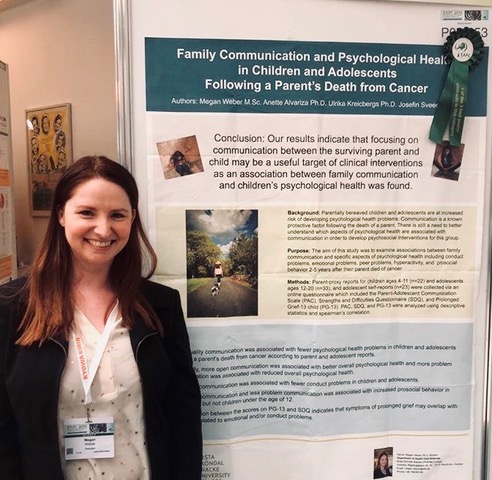Leaving your home town and starting college is hard for, well, pretty much everyone I would say. For me, joining a sorority made the transition easier. During recruitment, I got to meet the lovely ladies of several Panhellenic organizations who had chapters on my campus. I saw quite clearly that each organization had its own unique personality.
It is fascinating to me that like-minded women with similar interests and values somehow had managed to find each other on a crowded campus of over 20,000 students. As a psychology major, I obviously found these group dynamics fascinating. On a personal level, I was very happy to find a group of smart, intelligent women who cared about their community. Over the years, those women proved to me that they could study hard, be social and focus on philanthropy and service.

“My sisters made me feel like I belonged.”
Sisterhood Support
During college, people have the opportunity to really explore new interests and find themselves. For me, deciding to join a sorority that was full of passionate strong women who helped empower me was exactly what I was looking for. I knew that if made a mistake or succeeded at whatever I tried to do, my sisters would be there to cheer me on.
When I needed guidance on which classes to take, I had a whole group of women to turn to. My sisters even encouraged me to take classes in subjects that I hadn’t even heard of before! Having a group of friends, who really were close enough to be family, provided a sort of mirror. We had no problem telling each other if we thought someone was about to make a bad decision. We were always helping each make complex life decisions like what to major in or who to date.
During my senior year of college, I became very ill and was eventually diagnosed with celiac disease. This was long before being gluten-free was trendy. At this time, no one was talking about gluten. Because of this, I spent most of my days at the student health center. After every doctor’s appointment, I would find one or two of my sisters waiting to listen to me vent my frustration over another round of inconclusive tests, or how exhausted I was. I never asked them to do that. They just realized that if I didn’t answer my phone, I must be at the health center.
Not only did sorority provide me with an outlet and support for my emotional and mental wellbeing, but I developed valuable leadership skills and interpersonal communication skills which I still use today. For example, I was risk management chair and took on the monumental task of creating a sober sister program. This program was designed for when we had socials and other events (this was way back in the days before Uber and Lyft). I wanted to make sure that all of my sisters could have fun and be safe. I learned the value of doing what is right, making hard decisions, negotiating, scheduling, and logistics. This has helped me greatly as a school counselor and while completing my Ph.D. I am constantly using my time management and scheduling skills to keep projects on track.
Lifelong Sisterhood
I graduated from college in 2008 and I am still very close friends with several of my sorority sisters. We are still providing emotional support, life guidance and encouragement for each other just like we did in college. Of course, the problems we face have somewhat evolved from who to date to how to choose a wedding dress. What to major in has evolved into how to get a job that you love, navigating job offers.
As I sit here writing this, I realize that by the time this will be posted, I will have defended my doctoral dissertation. One of my sorority sisters is flying overseas to Sweden, where I currently live, in order to support me. This is what sisters do. We travel the world to show our love and support, to celebrate accomplishments and to mourn disappointments. I already know she’ll be ready and waiting with stain remover wipes for touch-ups just in case I spill something and a smile on her face to reassure me that I can accomplish anything I set my mind to.
I would say that I rely on the friendships I made in my sorority and the skills I gained every day. Without the love, encouragement and sometimes resounding voices telling me I was wrong, I would not be the person I am today. I would have never had the confidence to move overseas with the love of my life, now, my husband. I would have never believed in myself enough to get my Ph.D. Joining a sorority instilled in me, self-confidence and raised my self-esteem. I had role models and sisters who truly wanted me to succeed and become my best self. As I face my future post-graduation, I feel comforted by the fact that I have sorority sisters all over the world. I may not know them yet, but if I move to a new city I know they will be there for me waiting with open arms. Being part of a Panhellenic organization is like getting a second family. It in no way diminishes the family you come from or the friends you had from before, instead, it adds an extra layer of comfort, love, and joy that follows you wherever you go.
Your Sisterhood
While my story looks different than the world we are currently living in with COVID-19, there are ways to still celebrate our sisterhood. Reach out to your sisters and see how they are doing during this time. Utilize the technology at our fingertips to share positivity and love. Remind your sisters you are always there for them. Make plans to get together after social distancing, this will give you both something to look forward to. Share good news happening in your life like celebrating getting an A on that test or having a virtual date. Life has changed and so the way we communicate and connect has changed. But, we don’t have to stop being social and celebrating our sisterhood.

